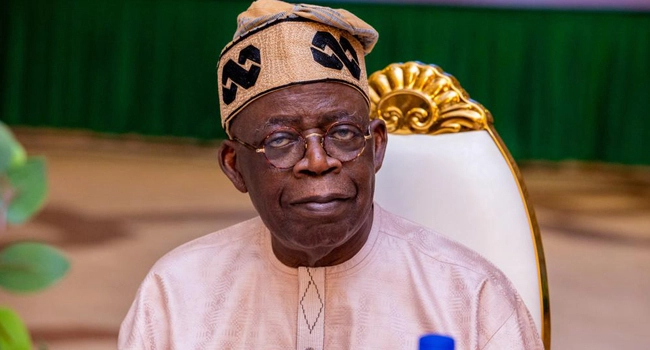President Bola Ahmed Tinubu is expected to receive the final report on the proposed resumption of crude oil exploration in Ogoniland, Rivers State, as the federal government intensifies efforts to re-engage the long-abandoned oil-rich region. The report is being compiled by the Ogoni Dialogue Committee, led by Professor Don Baridam, following months of consultation with key stakeholders within and outside Ogoni communities.
The committee, inaugurated to facilitate dialogue and gauge public sentiment on the sensitive issue, concluded its fact-finding mission and stakeholder engagements last month. According to Professor Baridam, the report reflects the diverse views and concerns of Ogoni residents, traditional institutions, youth groups, women organizations, and members of the diaspora. He noted that the findings would serve as a framework for negotiations between the federal government and the Ogoni people.
The resumption of oil activities in Ogoniland, halted since the 1990s following intense protests led by the late environmental activist Ken Saro-Wiwa and the Movement for the Survival of the Ogoni People (MOSOP), remains a contentious issue. Although some community members have expressed hope that renewed exploration could usher in economic development and job creation, many others have voiced strong opposition, citing unresolved environmental damage and broken promises from previous administrations.
In a recent development, a coalition of 17 Ogoni women’s groups rejected the proposed resumption, demanding the full implementation of the Ogoni Bill of Rights and insisting on tangible evidence of environmental remediation before any oil-related activities can begin. The women also accused the federal government of sidelining grassroots voices in its consultation processes.
Environmental and civil society groups have echoed similar concerns, urging the government to prioritise the clean-up of polluted lands and waters in accordance with the United Nations Environment Programme (UNEP) recommendations released in 2011. Critics argue that the ongoing clean-up has been slow, underfunded, and lacking in transparency.
President Tinubu, during a recent audience with Ogoni leaders at the Presidential Villa, reaffirmed his administration’s commitment to peace, justice, and sustainable development in the Niger Delta. He stressed the need for inclusive dialogue and assured that the federal government would not impose any decision on the people without their consent.
The submission of the Ogoni Dialogue Committee’s report is expected to inform the federal government’s next steps, as it seeks to strike a balance between economic interest and environmental justice. Analysts say the outcome could significantly influence the administration’s reputation in the oil-producing Niger Delta, where issues of marginalisation, pollution, and underdevelopment remain highly sensitive.
